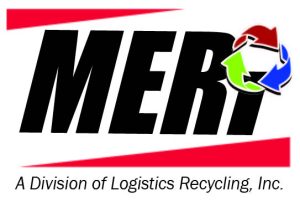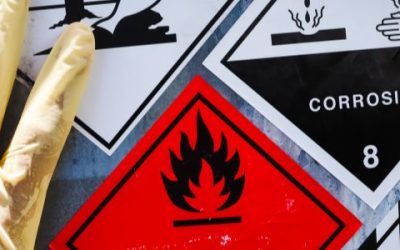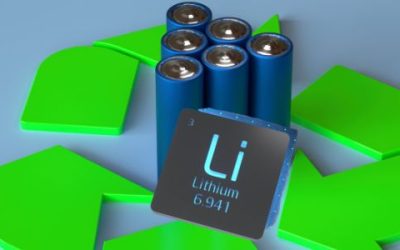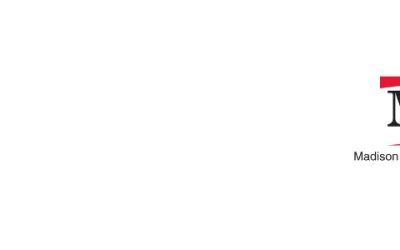Broadly speaking, an item is a solid waste if it is no longer being used for its originally intended purpose. It is being discarded because it is being:
Items that are excluded are found in NR 661.04. Items for donation, reclamation or recycling are also omitted if following NR 660.30.
Solid waste can be either a solid, liquid or gas. It is not your typical trash, which can go as garbage to a regular landfill for disposal.
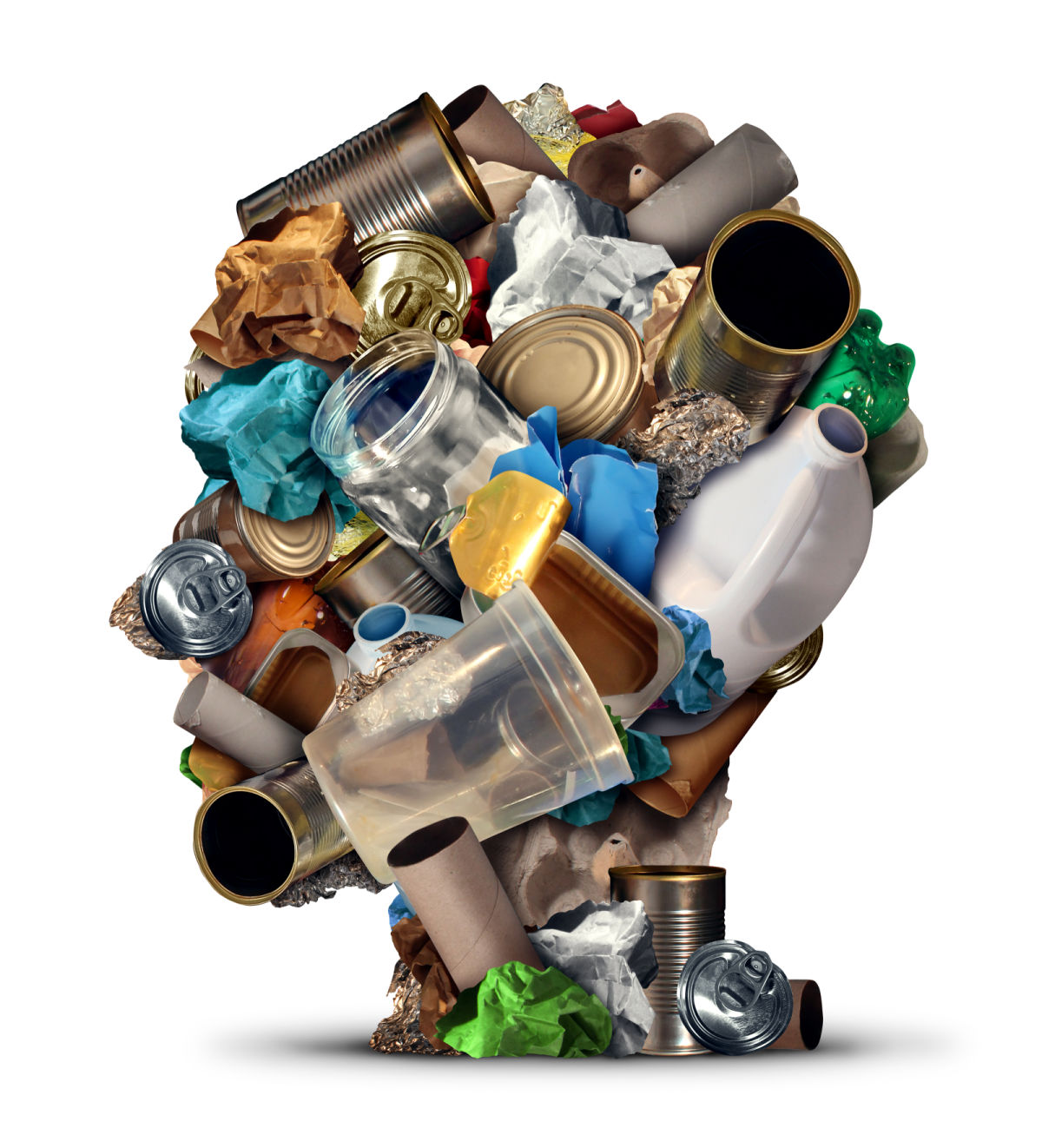
Waste going to a solid waste landfill must meet the criteria for that landfill. No liquids or hazardous material may go there. Hazardous waste is sent to a hazardous waste treatment facility before being disposed of as hazardous waste.
There is documentation involved.
Disposing Solid Waste
Solid wastes, trash, and recyclables are the most common types of waste in the healthcare industry. These include non-contaminated PPE, which end up in a landfill, or packaging materials, which often end up at a recycling facility.
You should work closely with your waste hauler and disposal facility to determine how to evaluate, profile and deliver solid waste generated at your facility.
These Wastes Need Special Care
These wastes must first be sent to licensed facilities for treatment before disposal: Infectious, Radiological, Hazardous, or Universal wastes. None of the these can simply be thrown away in the trash.
The WI DNR recommends that nonhazardous pharmaceuticals should be disposed of by appropriately authorized incineration. This is regardless of their classification as hazardous or solid waste. Also, no hazardous substances should ever be dumped down the drain.
Deciphering your Waste
Is the waste generated at your facility a solid waste? Biohazard or infectious waste? Hazardous waste? Your facility must determine its waste classification before disposal.
How do you know what is a hazardous waste? One way to tell is to look at the product label. If it warns of hazardous properties, then the container should be disposed of as hazardous waste if there is still material inside it.
This would include anything that has aquatic toxicity, carcinogenic, mutagenic or teratogenic properties. This material should be sent to a hazardous waste, medical waste, or solid waste incinerator approved to take the waste when disposing of.
If not sure, treat the material as a hazardous waste. Non-hazardous waste in a hazardous waste container is no problem. However, having hazardous waste in a non-hazardous container is!
Donating Means Your Waste is No Longer a Waste
Let’s apply this rule to the disposal of hand sanitizer, due to expire soon and destined for disposal. If you know of an organization that can use it and will go through it before the expiry date, consider donating it. That way you can classify it as a product instead of a waste. That way, you’ll be able to reduce the amount of hazardous waste being disposed of at your facility and supply someone with a needed product.
It is always a good idea to keep track of all items that are donated in case you are asked during an audit.
Document If Legitimately Recycling Hazardous Materials
Many generators legitimately recycle hazardous materials, like solvents or oil-based stains, to other companies that can use them.
Suppose a generator is not disposing of materials as a hazardous waste. In that case, they must maintain records to support recycling the hazardous materials and how they are being legitimately reused.
We recommend keeping the following documentation when recycling hazardous items:
- Name, location, and address of the recycling facility (or person receiving the material)
- Description of the waste, hazardous waste number, and waste quantity
- A detailed description of the recycling process and how the waste is used as an ingredient
- A demonstration that there is a market or disposition of the waste
- Documentation that the recycling facility has the necessary equipment to conduct the recycling.
Happy to Help
As always, we are here for any questions or concerns you have about your hazardous waste. Also, we are happy to partner with you for hazardous waste disposal! Contact us at info@meriinc.com or call 608-257-7652.
